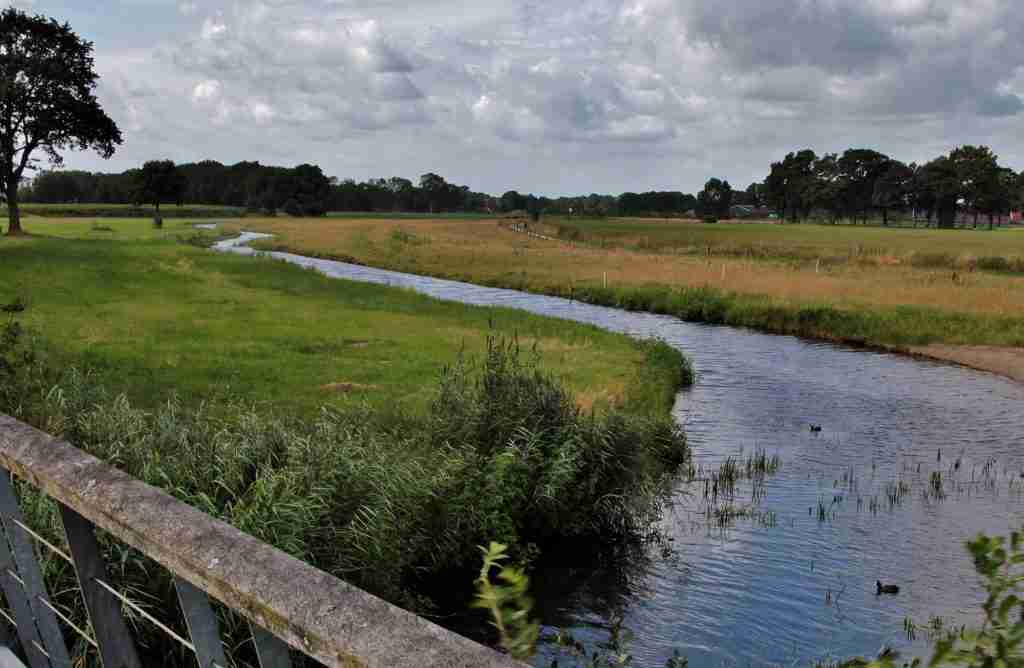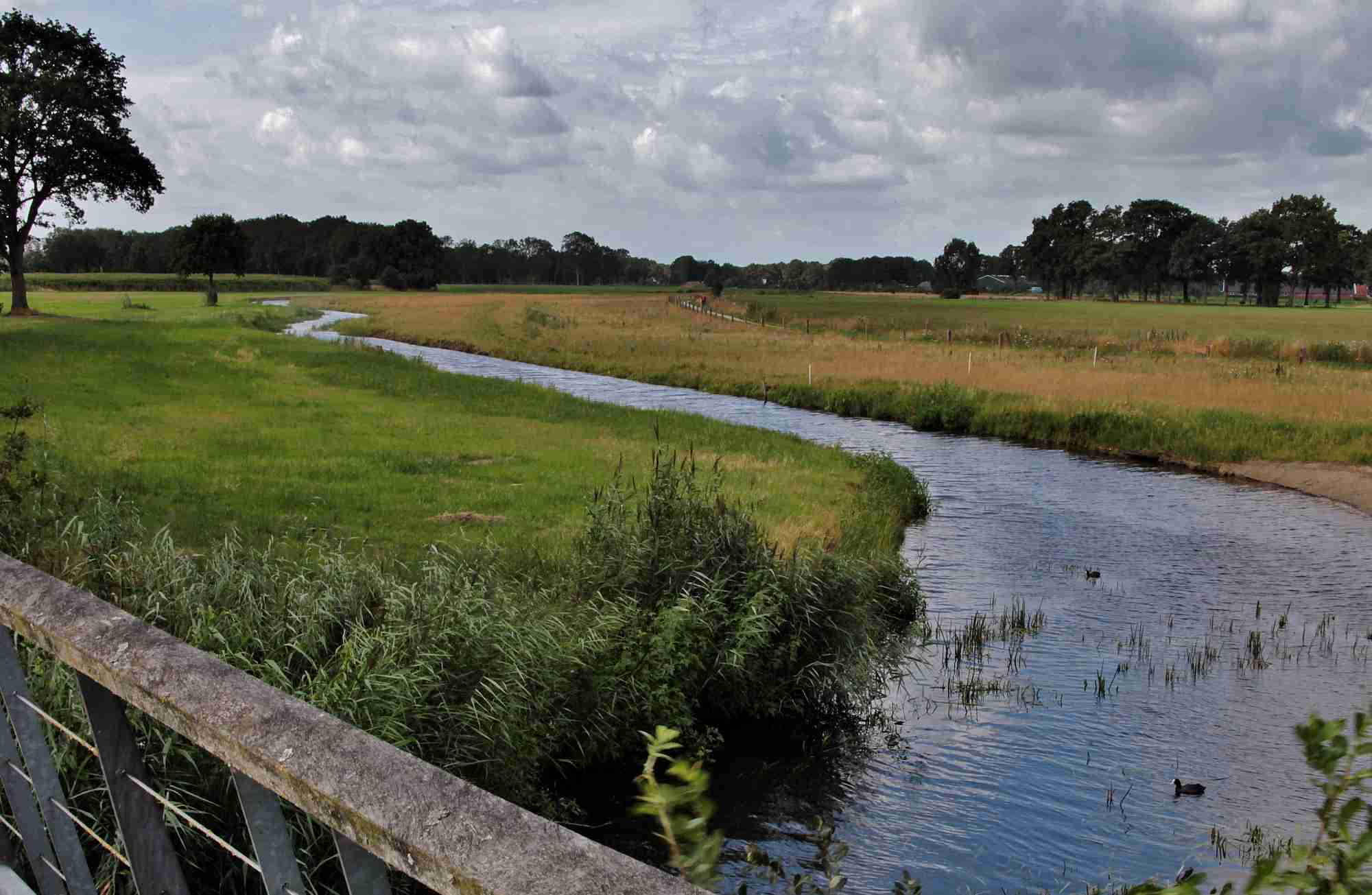England is now one of the worst places in Europe when it comes to water quality, with just 14 per cent of rivers in “good” ecological condition.
Water contamination is a pressing issue that affects both the environment and human health. In the United Kingdom, this problem has become a growing concern, with various pollutants and contaminants seeping into our precious water bodies.
Discover the causes behind this crisis and the active measures being taken to restore water quality. Explore how you, as an ordinary citizen, can contribute to the fight against UK waters contamination.

Understanding the Causes of Water Contamination:
1.Agricultural pollution: Around the world, agriculture is the leading cause of water degradation. Fertilizers, pesticides, and animal waste from farms and livestock operations wash nutrients and pathogens into our waterways, causing nutrient pollution, which is the number-one threat to water quality worldwide.
2. Industrial Pollution: The UK’s history of industrialization has left a lasting impact on its water bodies. Factories release a multitude of pollutants, including heavy metals, chemicals, and waste, which frequently find their way into nearby rivers and seas. Many companies fail to treat their waste and end up pouring huge quantities of contaminants from their industrial processes into rivers and the sea.
3. Sewage and Wastewater Discharge: The inadequate treatment of sewage and wastewater is another major contributor to water pollution. Aging infrastructure and combined sewer overflows can release untreated sewage into rivers during heavy rainfall, negatively impacting aquatic ecosystems. Over 80% of wastewater in the world reaches the sea and rivers untreated.
4. Plastic and Microplastic Pollution: The accumulation of plastic waste, including microplastics, in water bodies is a growing concern. These non-biodegradable materials can harm marine life, contaminate the water, and enter the food chain.
Efforts to Tackle Water Contamination:
1. Sustainable Agriculture Practices: Encouraging farmers to adopt sustainable agricultural practices, such as precision farming and organic methods, can minimize the use of harmful chemicals and reduce runoff pollution.
2. Stricter Regulations: The UK government has implemented tighter regulations and environmental standards to limit the discharge of pollutants into water bodies. These regulations aim to hold industries and agricultural practices accountable for their impact on water quality.
3. Wastewater Treatment Upgrades: Investment in upgrading wastewater treatment plants is crucial for improving the quality of discharged water. Advanced treatment technologies can help remove harmful contaminants more effectively.
4. Public Awareness and Education: Raising awareness among the general public about the consequences of water contamination is essential. Educational campaigns can empower individuals to make conscious choices and adopt eco-friendly habits that contribute to cleaner waterways.
What Can You Do to Help?
1. Practice organic farming and permaculture: Organic farming reduces the use of harmful chemicals found in synthetic fertilizers, which can pollute water supplies.
2. Transitioning to permaculture from traditional farming can significantly benefit the environment and heal ecosystems. Compared to traditional farming, permaculture offers numerous advantages. It promotes biodiversity, emphasizes soil health and regeneration, and prioritizes water conservation. By transitioning to permaculture from traditional farming, we can help heal ecosystems, reduce carbon emissions, and create a more sustainable future for ourselves and future generations.
Learn more about transition to permaculture here: https://permacultureparadise.co.uk
3. Use rain gardens: Rain gardens are shallow depressions in the ground that are designed to capture and filter rainwater runoff. They can help reduce the amount of contaminated water that enters into water systems.
4. Use eco-friendly cleaning products: Choose biodegradable and eco-friendly alternatives to conventional cleaning products, personal care items, and packaging. Using eco-friendly cleaning products can help reduce the amount of chemicals that end up in water systems.
When buying cleaning products, look for ones with ecolabel certifications, which indicate that the product has met specific environmental performance criteria and is considered environmentally preferable.
Look for products that use natural, plant-based ingredients and avoid those that contain toxic or harmful chemicals.
Learn how to make your own eco-friendly cleaning products: https://www.madeleineolivia.co.uk/blog/20-diy-natural-cleaning-recipes-hacks-tips
5. Opt for recyclable and reusable options: Reusable and recycled maerials help conserve water and reduce the amount of wastewater produced during production and processing.
6. Proper Waste Disposal: Dispose of waste responsibly by recycling and disposing of hazardous materials at designated collection centers.
The WHO says there are studies that have found concentrations of chemicals from pharmaceutical products in sewage and drinking water. Many pharmacies in the UK have disposal bins for unwanted and expired medications.
7. Plant trees: Tree planting helps reduce surface water runoff, lessens erosion, and prevents toxic substances and chemicals from washing into water systems.
8. Conserve Water: Be mindful of your water usage. Simple actions like turning off the tap while brushing your teeth, fixing leaks promptly, and using water-efficient appliances can significantly reduce water consumption.
9. Use energy-saving washing machines: Purchase energy star approved washing equipment, which can save energy and up to 60 liters of water, reducing the amount of wastewater that needs treatment.
10. Buying clothes made from natural materials: It is an eco-friendly choice that helps reduce the release of microplastics into the environment. Choose clothing made from natural materials such as cotton, linen, hemp, bamboo or wool, etc.
Microplastic pollution from laundry contributes up to 35% of the primary plastic polluting our oceans.
11. De-clog drains naturally: Use natural methods like pouring equal portions of white vinegar, boiling water, and baking soda to clean drains instead of using chemical cleaners.
12. Pick up pet waste: This helps prevent harmful bacteria from contaminating water systems.
13. Report pollution activities: Contact local water protection and conservation authorities when you notice pollution activities, such as pollutants or chemicals being discharged into water bodies.
14. Support conservation efforts: Protecting natural habitats like wetlands, forests, and grasslands can help reduce water pollution by preventing soil erosion and filtering out contaminants. Supporting conservation organizations and initiatives can help protect these habitats.
15. Support clean water initiatives: Supporting organizations that work to promote clean water initiatives, such as river cleanups and beach cleanups, can help reduce water contamination and protect water sources.
16. Use environmentally friendly transportation: Using public transportation, biking, or walking instead of driving can help reduce air pollution, which can contribute to water contamination.
Conclusion
Water contamination is a complex issue with various causes, but it’s not insurmountable. Efforts are underway at the governmental and community levels to mitigate the problem.
By understanding the causes, supporting sustainable practices, and making conscious choices in our daily lives, we can all play a part in protecting and restoring the health of our water bodies.
Let’s work together to ensure clean and safe water for us and future generations.


It appears that you know a lot about this topic. I expect to learn more from your upcoming updates.
Thank you for your interest! I’m glad to hear you find the information helpful. I look forward to sharing more insights in my upcoming updates, and I hope you continue to find them valuable. If there are specific topics you’re curious about, feel free to let me know!